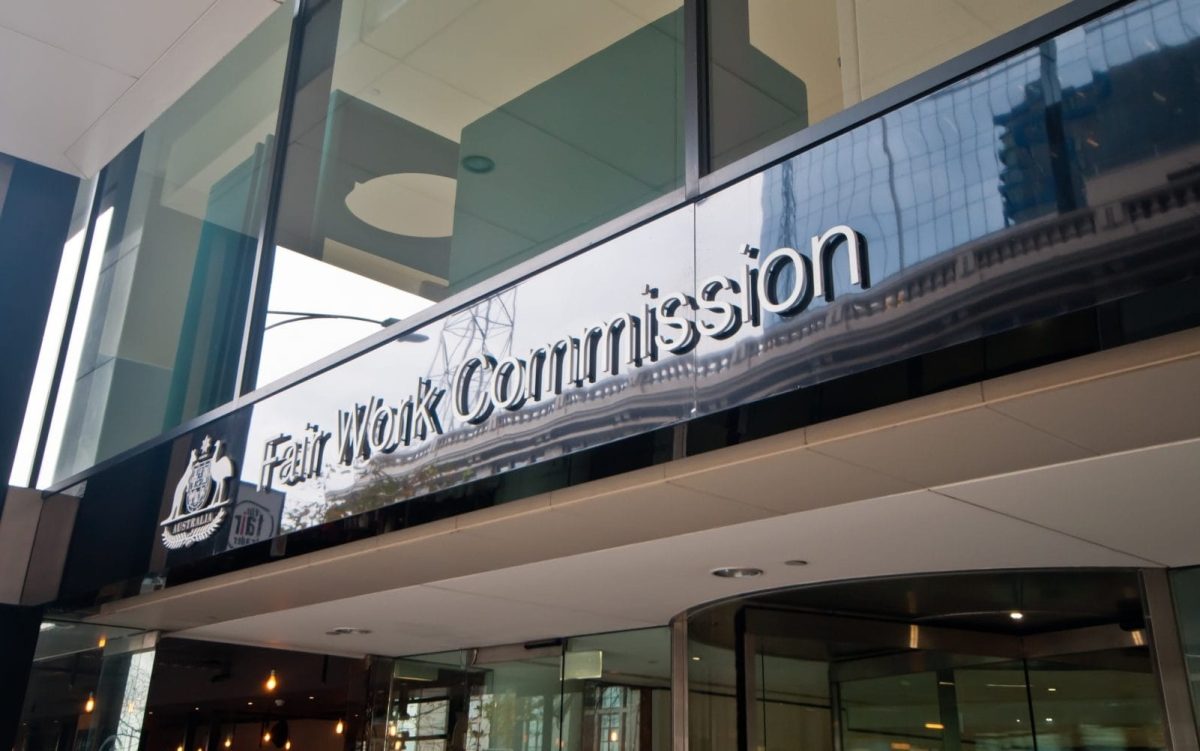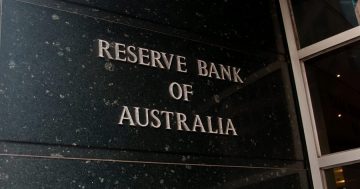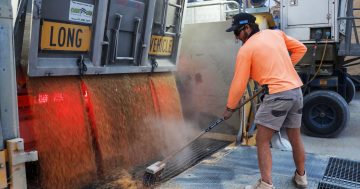
The Fair Work Commission has increased the minimum wage by 3.5 per cent. Photo: FWC.
Australia’s minimum wage will rise 3.5 per cent from 1 July, following the Fair Work Commission’s annual review of it and associated award wages.
The FWC’s Expert Panel announced the decision on Tuesday (3 June), saying living standards had significantly tightened for the nation’s lowest-paid workers.
“The decision we have made is to increase the national minimum wage and all modern award minimum wage rates by 3.5 per cent, effective from 1 July 2025,” it said in a statement.
“The principal consideration which has guided our decision is the fact that, since July 2021, employees who are reliant on modern award minimum wages or the national minimum wage have suffered a reduction in the real value of their wage rates.
“In the case of modern awards, the benchmark C10 award rate of pay has declined by 4.5 percentage points relative to inflation as measured by the consumer price index.
“This reduction in real modern award wages and the national minimum wage has been the result of the spike in inflation, which commenced in 2021 and peaked in late 2022.
“The continuation of this inflationary episode has meant that, over the last three annual wage review decisions, the Fair Work Commission has repeatedly deferred taking any action to reverse this decline in real wages out of a concern that this might result in the persistence of higher inflation.
“The result has been that living standards for employees dependent on modern award wages have been squeezed and the low paid have experienced greater difficulty in meeting their everyday needs.”
The decision will raise the national minimum wage for a full-time, 38-hour-per-week employee to $24.95 per hour, or $948 per week. The breakdown is an increase of $0.85 to $24.95 per hour, equating to a $32.10 increase to $948 per 38-hour week, and $1,669.20 to $49,296 per year. The current inflation rate sits at 2.4 per cent annually.
Unions have welcomed the decision, saying they have fought hard for an increase to the minimum wage.
The Australian Council of Trade Unions said the rise would affect about 3 million Australian workers who relied on minimum and award wages.
ACTU Secretary Sally McManus noted that these were mostly part-time and lower-paid workers, with the majority directly impacted by the decision employed in the accommodation and food services, community, care, retail, arts, administration, recreation and health care sectors.
“[The] decision supports the ACTU’s argument that Australia’s lowest paid workers should catch up with what was lost during the inflation spike,” Ms McManus said.
“Achieving this 3.5 per cent increase was also only possible because the Albanese Labor government delivered on their election promise and joined unions in arguing for a real wage increase.
“This decision delivers a 1.1 per cent real wage increase, one of the largest real wage increases the Fair Work Commission has awarded.
“This wage increase means those who are paid award wages will start to get ahead again, easing pressure on their weekly budgets and part of the stress that comes from having to cut back on the basics.
“With unions delivering strong real wage growth in collective agreements and now with real award wages growing, working people have turned the corner and are seeing decent real wage growth for the first time in more than a decade.”
Business groups had lobbied for only a 2.5 or 2.6 per cent increase to the minimum wage.
Employment Minister Amanda Rishworth welcomed the FWC’s decision to lift the minimum wage by 3.5 per cent, however, and said that in the three years since Labor came to government, the national minimum wage had increased by $4.62 per hour, or more than $175 per week.
“Our government believes that workers should get ahead with an economically sustainable real wage increase,” the minister said.
“A real wage increase provides further relief to our lowest-paid workers who continue to face cost-of-living pressures.
“The panel’s decision will benefit up to 2.9 million Australian workers who have their pay set by an award.”
Treasurer Jim Chalmers said the decision was good for workers and the economy and would help with the cost of living.
“This decision is very welcome news for millions of workers across the country and is recognition of the progress Australians have made together in the economy,” he said.
ACOSS also welcomed the news, but CEO Cassandra Goldie said more action was needed to boost the incomes of Australia’s poorest.
“This decision will help ease the pressure on low-paid workers who are struggling to cover their basic costs,” she said. “For too long, wages have failed to keep pace with the cost of essentials like housing, energy, food and health care, leaving low-income workers and people who receive income support struggling to keep up – and this decision will help.
“However, today’s news will not reverse the decade-long stagnation of living standards that people doing it tough have endured.
“We now need further action to boost the incomes of those with the least, starting with urgently raising the rate of JobSeeker and related payments to liveable levels.”
Original Article published by Chris Johnson on Region Canberra.















